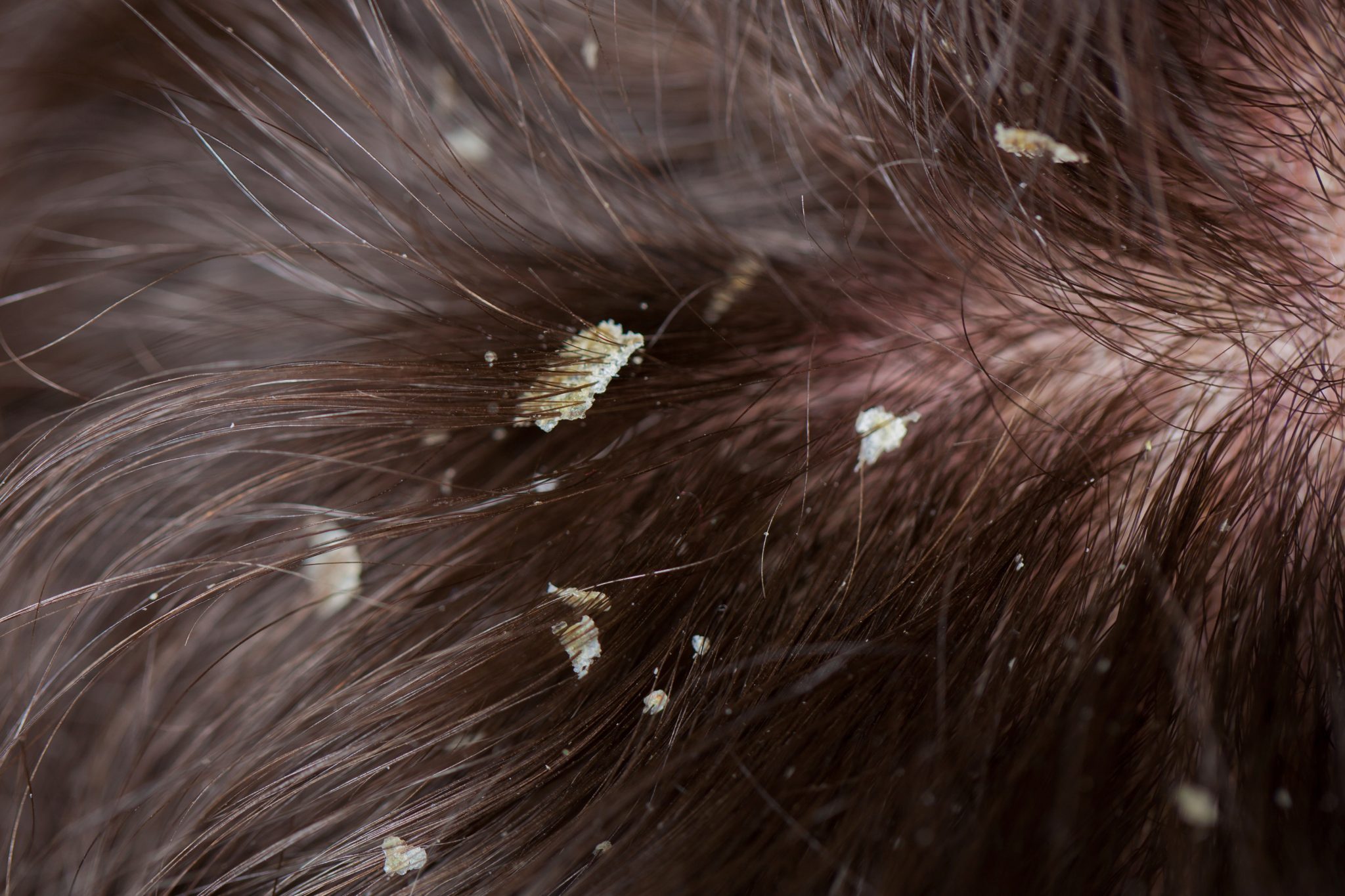Nutrafol is a popular hair growth supplement, but like any supplement, it may cause side effects in some individuals. This comprehensive guide provides factual, objective information about Nutrafol’s potential side effects, helping you make informed decisions about your hair health. It’s important to remember that this information is for educational purposes only and doesn’t substitute professional medical advice. Always consult with a qualified healthcare professional before starting any new supplement regimen.
Understanding Potential Reactions
While Nutrafol uses natural ingredients, individual reactions can vary. Most side effects are mild and temporary, but it’s important to be aware of what you might experience.
Common Side Effects
These are the most frequently reported side effects, typically mild and resolving quickly:
| Side Effect | Frequency | Duration |
|---|---|---|
| Upset stomach | Common | Short-term |
| Diarrhea | Common | Short-term |
| Nausea | Common | Short-term |
| Headaches | Occasional | Short-term |
Taking Nutrafol with food can often alleviate these digestive issues.
Allergic Reactions: When to Seek Immediate Care
Allergic reactions are less common but can be serious. Symptoms include:
- Hives: Itchy, raised welts on the skin.
- Itching: Generalized itching, possibly all over the body.
- Swelling: Swelling, especially of the lips or tongue, which can impede breathing.
- Difficulty breathing: This requires immediate medical attention.
If you experience any of these symptoms after taking Nutrafol, seek immediate medical attention.
Less Common Side Effects
Some individuals report these less frequent, typically mild side effects:
- Changes in bowel movements
- Fatigue
- Acne
- Mild skin rash
- Temporary hair shedding (often a sign the supplement is working)
These typically resolve on their own, but consult your doctor if they persist or worsen.
Managing Side Effects and Interactions
What to Do if a Side Effect Occurs
- Mild Discomfort: Try taking Nutrafol with food.
- Persisting or Worsening Symptoms: Stop taking Nutrafol and contact your doctor.
- Allergic Reaction: Seek immediate medical attention.
Drug Interactions: Consult Your Healthcare Provider
Inform your doctor or pharmacist about all medications and supplements you’re taking, including Nutrafol, to avoid potential interactions. They can provide personalized guidance based on your health profile.
Specific Considerations: Who Should Reconsider Nutrafol?
Certain individuals should exercise caution or avoid Nutrafol altogether:
- Pregnancy and Breastfeeding: Ingredients like Ashwagandha can influence hormone levels, impacting fetal development or nursing infants. Consult your doctor before using Nutrafol during these times.
- Pre-existing Medical Conditions: If you have underlying health conditions, especially hormonal imbalances or autoimmune diseases, consult your doctor. Nutrafol could interact with medications or exacerbate existing issues.
- Allergies: Carefully review the ingredient list. Avoid Nutrafol if you are allergic to any component.
- Children and Teenagers: Nutrafol is formulated for adults and hasn’t been tested on younger individuals. Consult a pediatrician for appropriate hair health solutions for children and teenagers.
| Who Should Reconsider? | Why? |
|---|---|
| Pregnant or Breastfeeding | Potential hormonal effects. |
| Pre-existing Medical Conditions | Possible interactions or exacerbation of conditions. |
| Allergies to Nutrafol Ingredients | Risk of allergic reactions. |
| Children and Teenagers | Not formulated or tested for developing bodies. |
Discontinuing Nutrafol: What to Expect
Stopping Nutrafol won’t cause withdrawal symptoms. Instead, expect a gradual return to your hair’s pre-Nutrafol state within 3-6 months. The timeline varies based on individual factors like genetics, overall health, and initial hair thinning severity.
Maintaining Healthy Hair After Nutrafol
- Healthy Lifestyle: A balanced diet, regular exercise, and stress management support hair health.
- Alternative Approaches: Explore topical solutions like minoxidil or other hair health supplements. Consult a dermatologist or trichologist for personalized recommendations.
- Professional Advice: Seek advice from a healthcare professional to address any underlying health conditions contributing to hair loss and explore suitable treatment options.
This guide aims to equip you with the necessary information about Nutrafol’s side effects. Remember, ongoing research continually expands our understanding of hair growth and supplement effects. Consulting your doctor is crucial for personalized advice based on your individual health needs.
- Rectangular Glass Food Storage Containers For Meal Prep - January 27, 2026
- Borosilicate Glass Food Containers Keep Meals Fresh and Organized - January 26, 2026
- Choosing Glass Containers With Snap Lids for Fresh Food Storage - January 25, 2026










